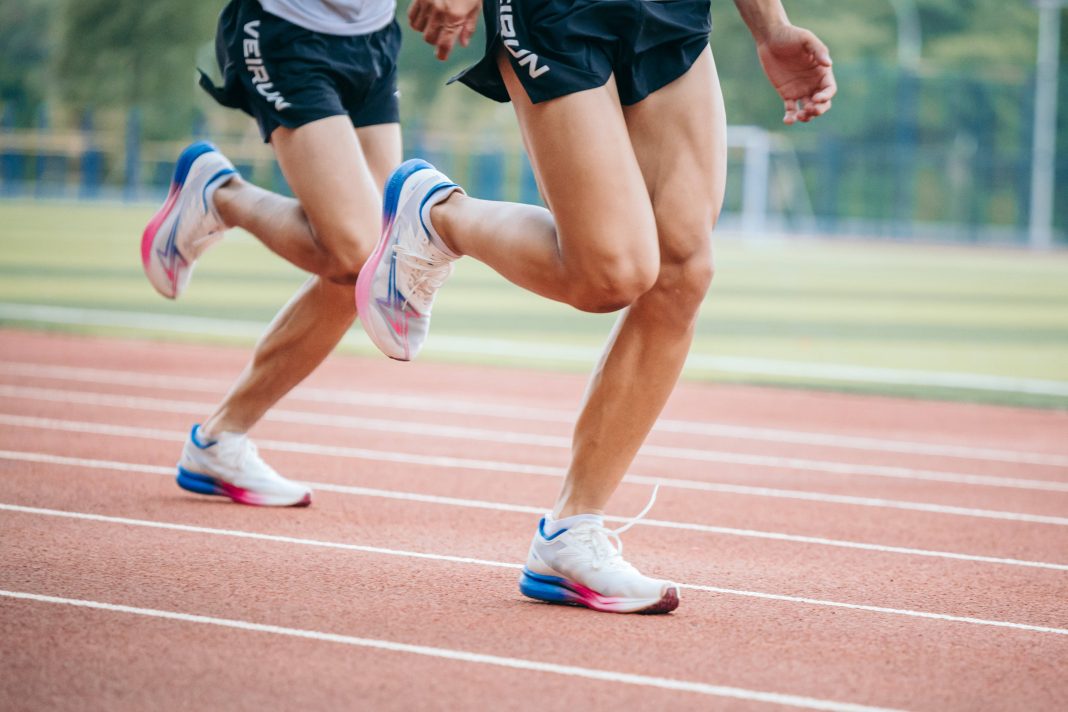Running 1000 meters every day is helpful for fat loss, such as enhancing digestion, increasing lung capacity, lowering blood lipids, improving sleep quality, and boosting immunity. Therefore, even as a weight-loss method, running should be seen as a comprehensive way to promote health.
However, the effectiveness of fat loss depends on multiple factors. Firstly, running is an aerobic exercise that can burn calories, helping reduce body fat percentage. Even if there is no significant change in weight, body shape and composition may still improve. Nevertheless, relying solely on running may not be sufficient to achieve significant weight loss. According to a study, 1 gram of fat contains about 9 calories, and 1 pound (500 grams) of fat contains about 4500 calories. It takes quite a long time to burn off these calories through exercise. For example, a person weighing 60 kilograms running at a speed of 10 kilometers per hour burns approximately 600 calories per hour. This means that to burn the calories equivalent to 1 pound of fat, this person would need to run continuously for about 7.5 hours.
However, the actual situation is much more complex, because:
1. Not all of the calories burned during exercise come from fat; they also include sources like glycogen.
2. The body consumes both fat and glycogen during exercise, and the proportion changes with exercise intensity and duration.
3. Everyone’s metabolism and energy expenditure are unique, so the speed of fat loss will also vary.
Therefore, there is no universal formula that can accurately predict how long it will take to achieve fat loss by running 1000 meters every day.
Whether running 1000 meters daily can lead to fat loss and how long it takes depends on various factors, including individual weight, running speed, basal metabolic rate, dietary habits, etc. Generally, running is an effective aerobic exercise that can help improve cardiovascular function, increase energy expenditure, and thus reduce body fat.
It is important to combine healthy eating, consistent exercise, as well as patience and perseverance. Additionally, tracking changes in the body, such as body fat percentage and waist circumference, may be more helpful in understanding fat loss progress than solely focusing on weight. If possible, consult a professional fitness trainer or nutritionist for personalized advice and guidance.


